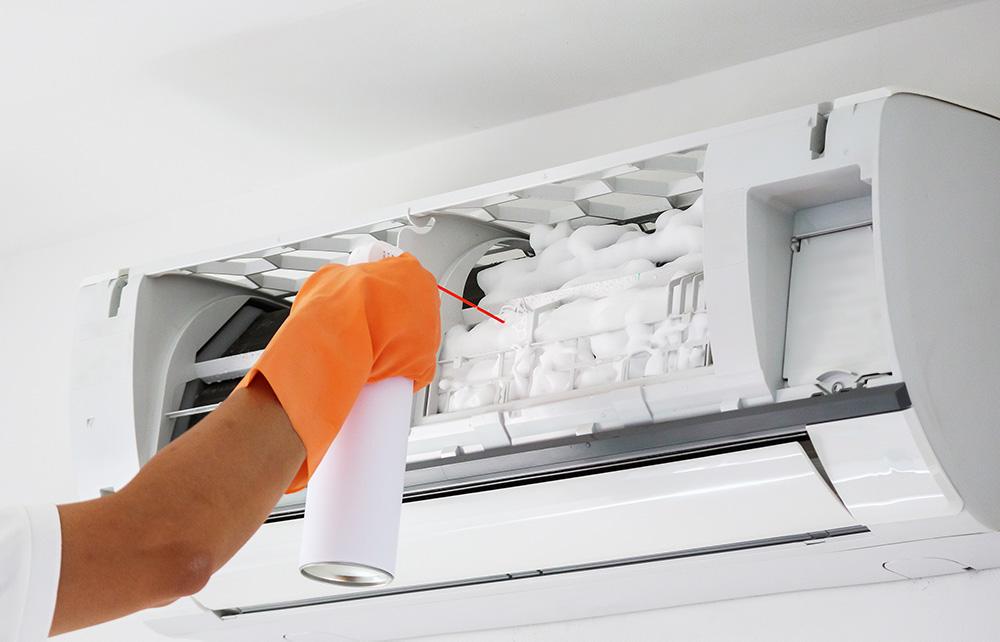From law enforcement to corporate security, the ability to detect deceit accurately can mean the difference between justice served and injustice prevailing. In this pursuit, technology has emerged as a formidable ally, offering innovative solutions to age-old challenges. Among these advancements, computerized voice stress analysis stands out as a cutting-edge tool, revolutionizing the way we discern truth from falsehood.
Understanding Computerized Voice Stress Analysis
At its core, computerized voice stress analysis (CVSA) is a sophisticated technology designed to analyze vocal patterns and detect signs of stress, which often accompany deception. Unlike traditional lie detectors that rely on physiological responses like heart rate and perspiration, CVSA operates by scrutinizing variations in speech frequencies, pitch, and timing. By examining these subtle cues, it aims to uncover discrepancies between verbal statements and emotional states, providing valuable insights into the veracity of the speaker’s claims.
The Evolution of Deception Detection
The roots of computerized voice stress analysis can be traced back to the mid-20th century when researchers began exploring the relationship between speech patterns and psychological states. Over the decades, advancements in signal processing, machine learning, and linguistic analysis have propelled this technology forward, enhancing its accuracy and reliability. Today, modern CVSA systems leverage sophisticated algorithms and neural networks to interpret vocal data with unparalleled precision, offering a non-invasive and objective means of assessing truthfulness.
Applications in Law Enforcement
One of the primary domains where CVSA has made significant strides is in law enforcement. Police agencies around the world have embraced this technology as a valuable asset in criminal investigations, interrogation settings, and forensic analysis. By subjecting suspects, witnesses, and persons of interest to voice stress analysis, investigators can glean crucial insights into their credibility and the consistency of their statements. Moreover, CVSA provides law enforcement with an additional layer of evidence, bolstering the integrity of their investigative processes and enhancing the chances of securing convictions.
Advantages Over Traditional Methods
Compared to conventional lie detection techniques such as polygraphy, CVSA offers several distinct advantages. Firstly, it eliminates the need for cumbersome equipment and invasive procedures, making it more convenient and less intimidating for subjects. Additionally, CVSA is less susceptible to countermeasures and physiological fluctuations that can compromise the accuracy of polygraph tests. Its reliance on vocal cues also renders it suitable for remote applications, enabling decentralized deployments and facilitating wider accessibility in diverse operational contexts.
Ethical Considerations and Controversies
Despite its promise, CVSA is not without its controversies. Critics argue that the technology is prone to false positives and may inadvertently contribute to miscarriages of justice if used improperly or misinterpreted. Furthermore, concerns have been raised regarding its potential invasiveness and the implications for privacy rights. As with any tool of forensic science, the ethical use of CVSA necessitates rigorous validation, adherence to established protocols, and ongoing scrutiny to mitigate risks and safeguard against abuse.
Beyond Law Enforcement: Commercial and Clinical Applications
Beyond its role in law enforcement, CVSA holds promise for a myriad of other applications across various sectors. In the realm of corporate security, it can be employed to screen job applicants, verify the authenticity of customer interactions, and detect insider threats within organizations. Moreover, CVSA shows potential in clinical settings, where it could aid in diagnosing certain psychological disorders, assessing patient sincerity during therapy sessions, and monitoring changes in emotional well-being over time.
The Future of Truth Detection
As technology continues to advance at an unprecedented pace, the future of truth detection appears increasingly promising. Innovations in artificial intelligence, natural language processing, and affective computing are poised to further enhance the capabilities of CVSA, making it even more accurate, versatile, and adaptable to diverse contexts. However, alongside these advancements, it is imperative to address the ethical, legal, and societal implications of deploying such technologies responsibly, ensuring that they serve the interests of justice and uphold fundamental principles of fairness and integrity.
Conclusion
In the age of information overload and sophisticated deception tactics, the quest for truth remains paramount. Computerized voice stress analysis represents a remarkable synthesis of science and technology, offering a powerful tool for discerning truth from falsehood in an increasingly complex world. While challenges and controversies persist, the potential benefits of CVSA in law enforcement, corporate security, and clinical practice are undeniable. By harnessing the capabilities of this innovative technology responsibly and ethically, we can strive towards a more just, transparent, and truth-centered society.






